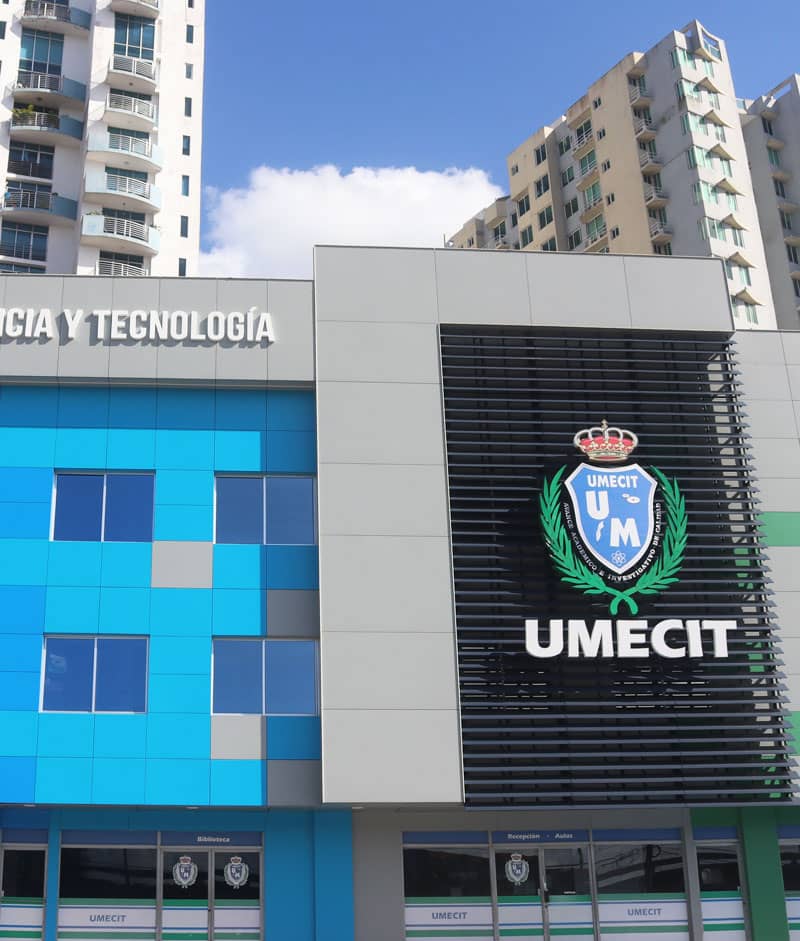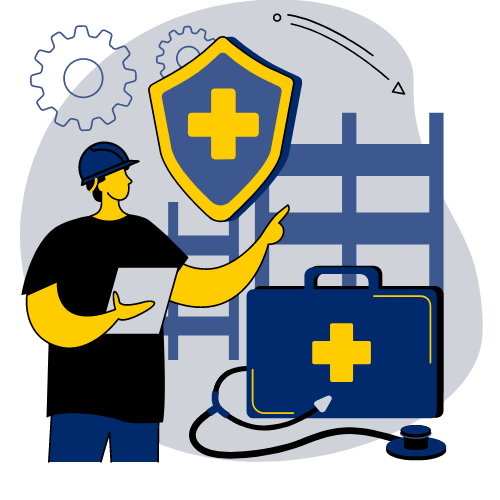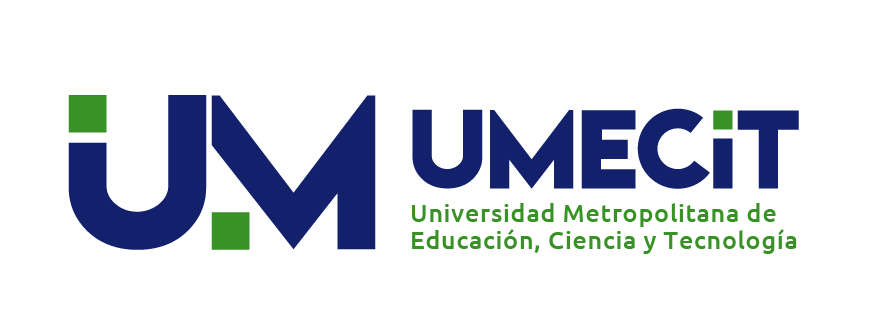“ACTIVE HEALTH”
Welcome to the “Active Health” hotbed, belonging to the Degree in Occupational Safety and Health. This learning and research space is dedicated to promoting a healthy lifestyle in the workplace.
The “Active Health” seedbed emerged in response to the need to address occupational health from a comprehensive perspective, recognizing that the well-being of workers is essential to guarantee safe and productive work environments.
Within the framework of the Bachelor's Degree in Occupational Health, the seedbed aims to explore and promote practices that contribute to the physical, mental and emotional well-being of workers. Through activities, talks, research and projects, we seek to promote the importance of adopting healthy habits, both in the workplace and in daily life.



The members of the "Active Health" hotbed will focus on topics such as ergonomics, physical activity at work, the promotion of healthy eating, stress management and the prevention of occupational diseases. The aim is to generate innovative proposals that can be implemented in different work environments, with the aim of improving the quality of life of workers.
The seedbed is characterized by being a dynamic and participatory space, where each member has the opportunity to contribute their knowledge, experiences and concerns, thus enriching collective learning. Through the exchange of ideas and collaboration, we seek to generate impact and contribute to the development of occupational health as a discipline.
The "Active Health" hotbed invites all students of the Bachelor's Degree in Occupational Safety and Health to join this initiative, where together they will be able to promote a culture of health and well-being in work environments.
“ACTIVE HEALTH”
Promote awareness about the importance of adopting healthy habits in the workplace, in order to improve the quality of life of workers and prevent occupational diseases.
Investigate and analyze the risk factors present in work environments that may affect the health and well-being of workers, and propose prevention and control measures.
Promote the practice of physical activity at work as a strategy to improve physical condition, reduce sedentary lifestyle and promote an active lifestyle.
Promote ergonomics and the adequacy of work spaces to prevent musculoskeletal injuries and improve the comfort and well-being of workers.
Research and promote healthy eating in the work environment, encouraging the adoption of a balanced diet and offering specific nutritional recommendations for each type of work.
Develop strategies for stress management and promotion of mental health at work, with the aim of preventing burnout and improving the emotional well-being of workers.
Carry out research projects and disseminate knowledge in the field of occupational health, contributing to the advancement of the discipline and generating innovative proposals applicable in different work environments.
Encourage the active participation of students of the Bachelor of Occupational Health in the seedbed, promoting the exchange of ideas, collaboration and collective learning.
By achieving these objectives, the “Active Health” seedbed seeks to promote a culture of health and well-being in work environments, generating a positive impact on the quality of life of workers and contributing to the development of occupational health as a discipline.
“ACTIVE HEALTH”
The conceptual and theoretical bases of the “Active Health” seedbed are based on various approaches and disciplines related to occupational health and health promotion. Some of the conceptual and theoretical bases relevant to the seedbed are the following:
Occupational health
It is based on the protection and promotion of workers' health, focusing on the identification, evaluation and control of occupational risks that may affect the physical, mental and social health of workers.
Health promotion
It focuses on empowering people to have greater control over their health and make healthy decisions in their daily lives. Health promotion seeks to create favorable environments, strengthen personal skills and encourage community participation. (World Health Organization, 2008).
Healthy life style
It refers to the adoption of behaviors and habits that promote health and well-being. It includes aspects such as a balanced diet, regular physical activity, stress management, adequate rest and disease prevention (World Health Organization; 2009).
Ergonomics
It deals with the design of work spaces and equipment, taking into account the characteristics and needs of human beings, with the aim of optimizing comfort, safety and work efficiency (Grandjean, E; 2016).
Physical activity at work
It recognizes the importance of integrating physical activity into work routines as a strategy to prevent a sedentary lifestyle, improve physical condition and reduce the risk of chronic diseases (World Health Organization; 2010).
Nutrition at work
Considers the importance of healthy eating in the work environment, providing recommendations on food selection and preparation to maintain a balanced diet and prevent nutrition-related health problems (World Health Organization; 2018).
Stress management
It is based on strategies and techniques to identify and control work stress, promoting the mental and emotional health of workers (Ministry of Health, Consumption and Social Welfare; 2017).
These conceptual and theoretical bases guide the actions and activities of the “Active Health” seedbed, allowing the exploration and application of knowledge to promote a healthy lifestyle in work environments and contribute to the comprehensive well-being of workers.


BIBLIOGRAPHY
- Grandjean, E. (2016). Ergonomics for the prevention of musculoskeletal disorders: Guidelines for retail grocery stores. Recovered from https://www.cdc.gov/niosh/docs/2016-113-sp/
- Ministry of Health, Consumption and Social Welfare. (2017). Health Promotion and Prevention Strategy in the National Health System. Recovered from http://www.mscbs.gob.es/organizacion/sns/planCalidadSNS/pdf/Equidad/EstrategiaPromocionSaludyPrevencionSNS.pdf
- United Nations. (2019). Policy Brief: COVID-19 and the need for mental health action. Recovered from https://www.un.org/sites/un2.un.org/files/un_policy_brief-covid_and_mental_health_final.pdf
- United Nations. (2020). The state of food security and nutrition in the world 2020. Retrieved from https://www.unicef.org/spanish/media/66161/file/SOFI-2020.pdf
- World Health Organization. (2008). Global strategy on occupational health for all: The path to health at work. Recovered from https://www.who.int/occupational_health/strategy/es/
- World Health Organization. (2009). Glossary of Health Promotion. Recovered from https://www.who.int/healthpromotion/about/HPR%20Glossary%201998.pdf
- World Health Organization. (2010). Global recommendations on physical activity for health. Recovered from https://apps.who.int/iris/bitstream/handle/10665/44441/9789243599977_spa.pdf
- World Health Organization. (2018). Health promotion in the workplace: Summary. Recovered from https://www.who.int/occupational_health/topics/workplace/es/
- American College of Sports Medicine. (2018). ACSM Guidelines for Stress Testing and Exercise Prescription (10th ed.). Barcelona, Spain: Paidotribo.
WHICH ARE IN THE PROCESS OF STRUCTURING/EXECUTION
Evaluation of the effectiveness of physical activity programs at work
This project seeks to investigate the effectiveness of physical activity programs implemented in work environments, analyzing their impact on the health and well-being of workers, as well as on indicators such as productivity and job satisfaction.
Influence of ergonomics in the prevention of musculoskeletal disorders
This project aims to evaluate the impact of ergonomic measures on the prevention of musculoskeletal disorders in different work sectors, examining the relationship between ergonomics, workplace design and the incidence of injuries and related diseases.
Analysis of psychosocial factors in the work environment and their impact on mental health
This project focuses on investigating the psychosocial factors present in the work environment, such as stress, workload, social support and job satisfaction, and their influence on the mental health of workers, as well as the development of health problems. like burnout syndrome.
Design and evaluation of strategies to promote healthy eating at work
This project seeks to develop and implement strategies to promote healthy eating in work environments, evaluating their effectiveness in changing eating habits, adopting balanced diets, and controlling nutrition-related diseases.
Study of the effects of exposure to occupational risks on workers' health
This project focuses on investigating the effects of exposure to occupational risks, such as chemical substances, biological agents or adverse physical conditions, on the health of workers, analyzing the incidence of occupational diseases and proposing prevention and control measures.
These projects arise thanks to general ideas and are adapted according to the interests and available resources of the "Active Health" seedbed. The feasibility and relevance of each project is also considered in the specific context of the Degree in Occupational Health and the needs of the research group.

RESPONSIBLE FOR THE SEEDBED
Seedbed leader student
Contact: d.caballero1924@gmail.com
Lead teacher
Contact: teacher0359@umecit.edu.pa

